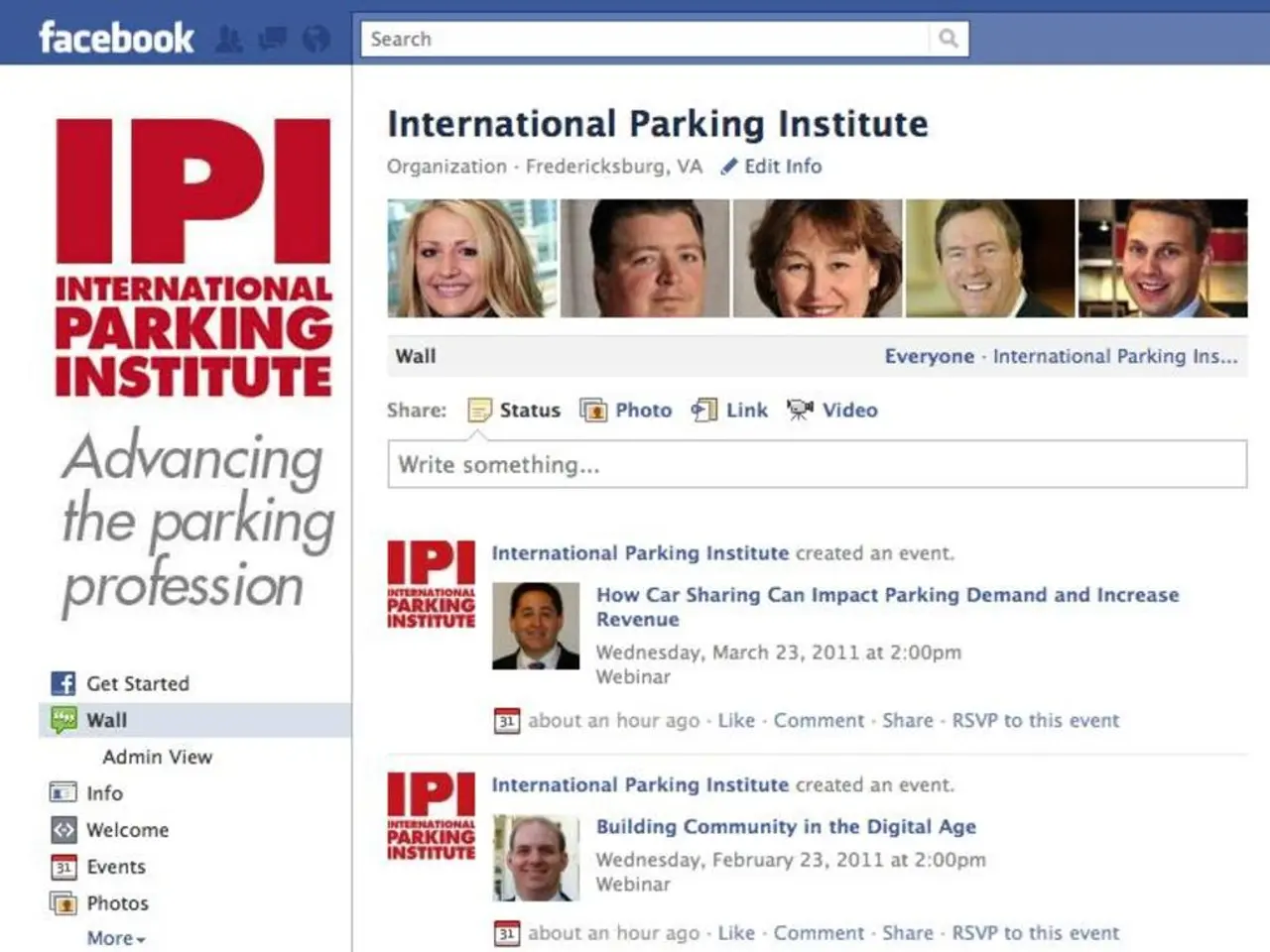Crackdown on web-based sexism against women
### Unveiling the Digital Misogyny Epidemic: A Closer Look at the Manosphere
In the digital age, a troubling phenomenon known as the "manosphere" has emerged, serving as a breeding ground for misogynistic ideologies that have seeped into mainstream social media platforms. This network, characterized by content on men's rights, sexual strategies, and misogyny, has grown exponentially, impacting societal attitudes and behaviours significantly[2][3][4].
The manosphere attracts young men seeking validation and guidance on masculinity, often promoting harmful stereotypes about women and gender roles[2][4]. Figures like Andrew Tate have become influential within this sphere, espousing views that are often dismissive of women's rights and feminist activism. This has contributed to a culture that normalizes and amplifies misogynistic attitudes, particularly among young men seeking validation online[2][4].
Right-wing extremist groups also leverage these platforms to spread hate speech and sexist ideologies, further exacerbating the problem of online misogyny[3]. Some actors in the Manosphere have ideological proximity to right-wing extremist, antisemitic, and conspiracy-theory milieus with latent violence.
The anonymity provided by social media platforms facilitates the spread of misogynistic content. This environment not only perpetuates but also amplifies misogynistic statements, contributing to a broader societal issue that affects both men and women[2][4].
The consequences of online misogyny are far-reaching. It normalizes sexist attitudes and behaviors, which can spill over into real life, affecting relationships, workplaces, and even educational settings[2][4]. Moreover, it undermines gender equality efforts by creating a culture that dismisses women's rights and contributions[3].
In Germany, 70% of girls and young women aged 15 to 24 have experienced discrimination, threats, and insults on social media according to the 2020 World Girl Report by Plan International. Recognizing the urgency of the situation, SPD politician Sonja Bongers has suggested establishing a central counseling center for victims of digital violence. This center would aim to quickly and competently protect affected individuals, and would be a resource for victims to access support services. The digital reporting form would be modeled after the cyber-grooming reporting form[1].
The central counseling center would provide a means for reporting all forms of digital violence, including forms of discrimination like body shaming, stalking, and intersectional discrimination. It would guide victims to support services, helping to combat the harmful effects of online misogyny.
UN Women has sounded the alarm over the spread of online misogyny, highlighting its harmful impact on gender equality and the urgent need for interventions to mitigate these effects[2][4]. Recognizing that digital platforms are central to modern interaction, there is a growing urgency to address how these spaces are used to promote hate and misogyny[3].
Young people are exposed to various forms of digital violence early on due to the high value placed on the internet and social media. Schoolchildren should be made more aware of the influence of the internet and social media, as well as digital violence, to help combat this growing issue.
In a notable development, the hashtag #AndrewTate was clicked over 13 billion times on TikTok alone, reflecting the widespread influence of such figures in the online misogyny scene. Andrew Tate, a prominent figure in this sphere, was the most searched person on Google in 2022.
Addressing the issue of online misogyny requires a concerted effort from all stakeholders, including governments, social media platforms, and educators. By raising awareness, providing support, and taking action against hate speech, we can work towards creating a safer, more equal digital space for all.
- The manosphere, a network featuring content on men's rights, sexual strategies, and misogyny, has proliferated on social media platforms, influencing societal attitudes regarding relationships, gender roles, and politics.
- Hate speech and sexist ideologies have been leveraged by right-wing extremist groups within the manosphere, worsening the problem of online misogyny and impacting general-news discourse.
- Online misogyny has far-reaching consequences; it not only affects relationships, workplaces, and educational settings but also undermines gender equality efforts and normalizes sexist attitudes in society.
- In light of the urgency to address digital misogyny, German politician Sonja Bongers has proposed the establishment of a central counseling center for victims of digital violence, offering support services for those affected by crime-and-justice issues arising from online misogyny.






